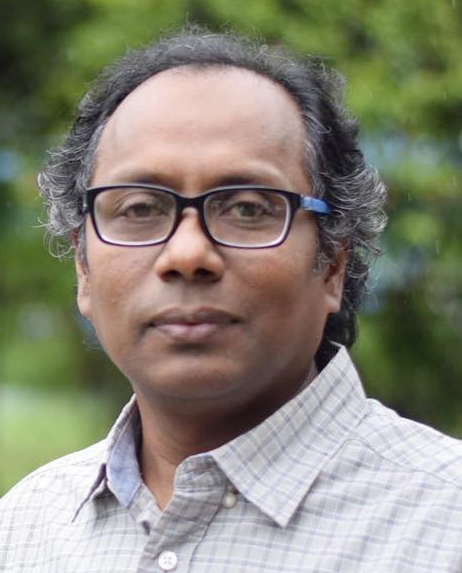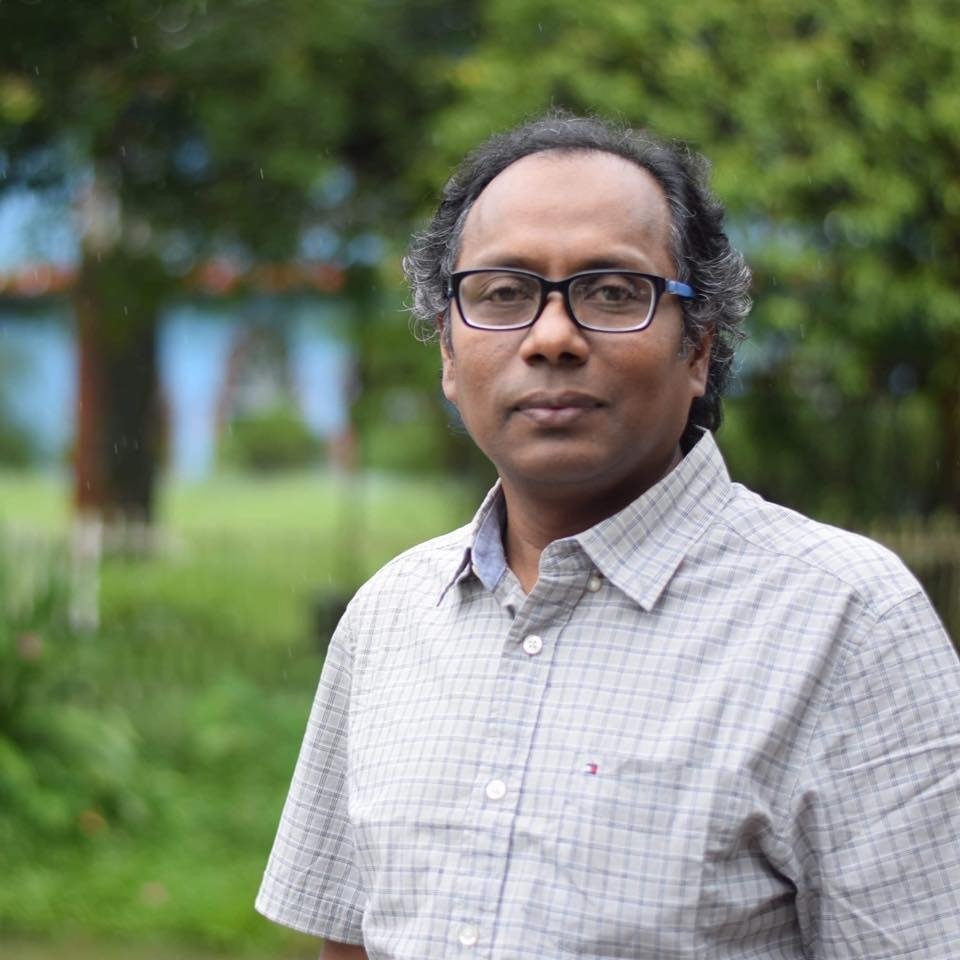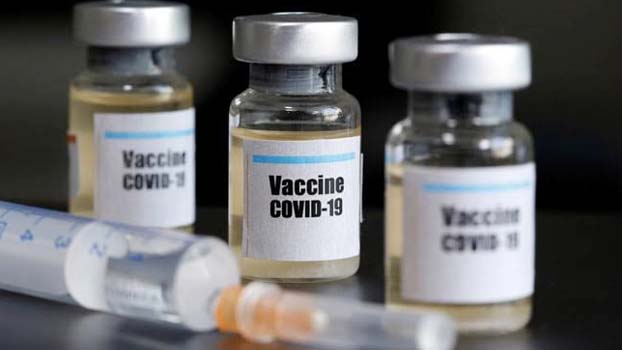Is vaccine the solution to Covid-19 pandemic in Bangladesh?
As long as the vast majority do not get an effective vaccine, there is no viable alternative to strict hygienic practices


The year 2020 is coming to an end. Nearly the entire year was gone through with COVID-19. After emerging from the Wuhan city of China in December 2019, Coronavirus rapidly spread to more than 200 nations around the world. On March 11, 2020, the World Health Organization declared COVID-19 a pandemic.
Individuals are currently burnt out on living in COVID-19 driven all year fear, frustration, and financial vulnerability. Coronavirus has caused an abrupt break in human's socialisation. People are tired of being confined at home. Everybody needs to dispose of this stifling condition. Like the remainder of the world, the individuals of Bangladesh are also taking a gander at the immunisation against COVID-19. Now the million-dollar question is, will the COVID-19 issue be tackled once the vaccine comes on the market?
Right now the expectation is that few vaccines against COVID-19 are en route to progress, particularly the Pfizer, Moderna and Oxford-AstraZeneca's vaccine. When these vaccines are accessible in the global market, we would prefer to know how long it will stay effective against COVID-19? The current supposition is that two subsequent doses of vaccines will provide adequate immunity against COVID-19 for at least one year. If this is valid, that implies we will require countless vaccines consistently.
In the current situation, guaranteeing imports and delivering COVID-19 preventing vaccines to people is a significant challenge for Bangladesh. There are several issues associated with vaccine import and nationwide supply. Indeed, even before that, this is important to choose which vaccine Bangladesh will purchase first? The Bangladesh government has already agreed to buy 30 million doses of Oxford vaccines from Serum Institute of India.
The reality is that we still have months to wait for an effective
vaccine in Bangladesh. We should give our maximum effort
to get the vaccine at this moment. Our leading pharmaceutical
companies can come forward to help the government in
getting vaccines.
Serum Institute is the largest manufacturer of vaccines in the world. BEXIMCO pharmaceuticals is the local agent and distributor of Serum Institute of India. However, 30 million doses will inoculate only 15 million individuals, which is not adequate in any way. Accordingly, Bangladesh should buy from all sources that can supply effective vaccines.
The Moderna and Pfizer company’s vaccines have also had the expected results. The study found that the vaccine was able to produce the necessary antibodies in about 95 percent of people. For vaccination against COVID-19, we would need to set our priority, i.e., who should be given this vaccine first on a priority basis? There are also many other issues involved with vaccine delivery.
Bangladesh is a country of at least 170 million people. If we want to immunise even a little over half of it, we would need to immunise 100 million people. That implies we would need to buy 200 million vaccines. How much time would it take to purchase twenty crores COVID-19 protecting vaccines? Regardless of whether we have the fund, where shall we get this enormous number of vaccines? Cost of the vaccine is an issue, yet would we be able to have the privilege to sit tight for the least expensive choice and get deferred in inoculating individuals? Bangladesh should, as required, procure effective vaccines from all possible sources without delay.
Time will always matter here. In case of purchasing vaccines, safety and effectiveness should be the primary concern. I believe there will be international agencies with needed help, be it a donation, credit or other strategic support. Bangladesh government has additionally encouraged for credit to buy vaccines. There are several other issues for implementing a successful vaccination programme.
These include trained workforce, storage, transport and distribution of vaccines maintaining the cold chain, development of a follow-up mechanism as this vaccine requires a subsequent second dose, availability of vaccines for private buyers, and so forth. The reality is that we still have months to wait for an effective vaccine in Bangladesh. In any case, we should give our maximum effort to get the vaccine at this moment. Our leading pharmaceutical companies can come forward to help the government in getting vaccines.
As long as the vast majority do not get an effective vaccine, there is no viable alternative to strict hygienic practices. Everyone outside the house should wear a mask. It has been seen that individuals are not correctly wearing masks, some are keeping it hanging underneath their jaw, some are keeping their nose open, some folding it on their head but some are in any event, keeping it swinging from one of the ears. In this way, not merely wearing, it is also essential to use a face mask properly; else, we may not achieve the expected level of protection. Maintaining physical distance and regular hand washing with soap water or alcohol-based hand sanitiser are two other crucial practices we have to follow.
In the current situation, since the vast majority do not comply with the hygienic practices identified with COVID-19 prevention, it appears to be that Bangladesh is strolling the way of hard immunity even though it has not made such a policy decision. To increase compliance, in addition to existing rules, we should involve NGO and private sectors to promote hygienic practices in the community. Government has lately begun making moves against those not wearing masks outside. The arrival of new vaccines will improve the situation, however, may not provide a mystical solution for the end. We may need to acknowledge the reality of living with COVID-19 for some time. Let us hope for the best and prepare for the worse to come.
The writer is a Professor of Public Health, Northern University, Bangladesh



